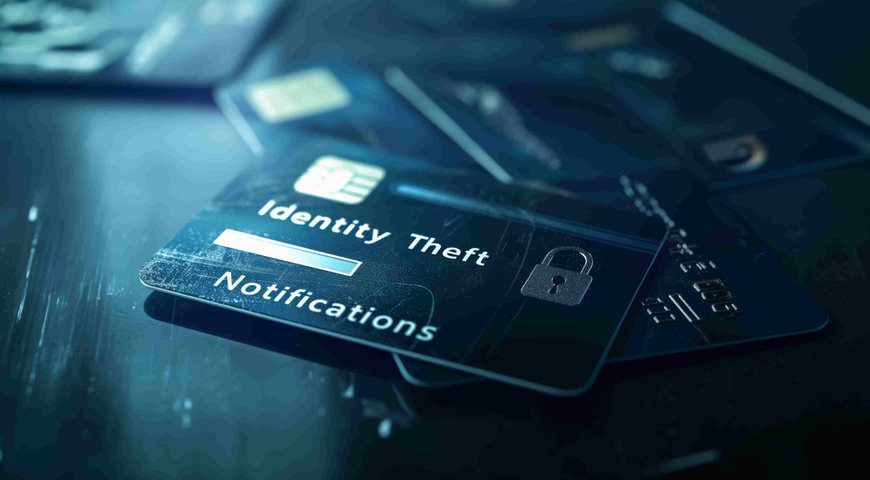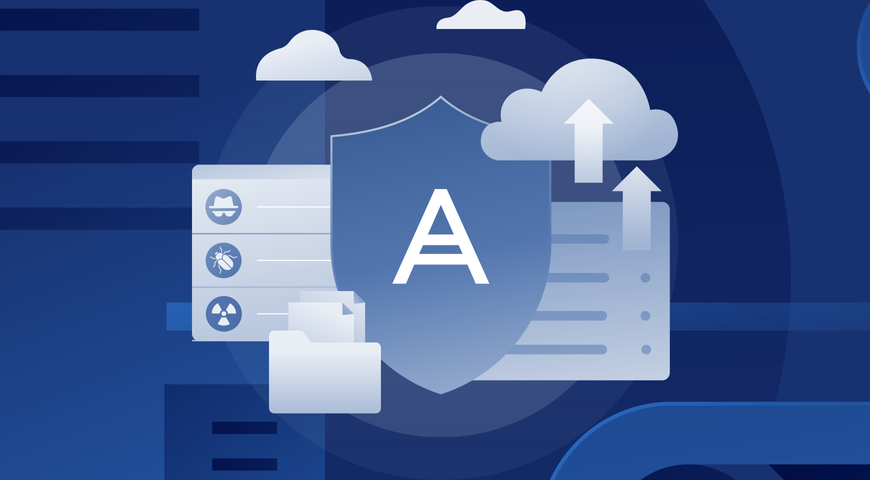http://www.acronis.com/en-us/business/backup/If you're worried about your data pulling a disappearing act, you're not alone. It's a concern IT managers wrestle with every day because one misstep, whether a stolen phone or a vulnerable cloud application, can send companies scrambling to salvage lost data and tarnished reputations. Too often, however, IT managers look in all the wrong places to identify risks before they become full-blown problems.
So which everyday applications and devices are most susceptible to data loss? Here are four that business owners and IT pros should keep on their radar:
BYOD: Compounding Email Vulnerabilities
Consider this statistic: there are more than 100 billion business emails sent every day, according to the Radicati Group, a technology research firm. And the rise of cloud emails services such as Google's Gmail and Microsoft's Microsoft 365, combined with the explosion of personal mobile phones and tablets that double as work devices, means that employees are increasingly sending those messages on the go. These devices are flashy, they're cool — and they're at a high risk for loss, especially due to theft. These days, a stolen phone doesn't just mean saying goodbye to personal photos or text messages; it can also mean the loss of potentially confidential email and other company information.
As a small business owner, it's important to recognize and get ahead of these risks. Developing a BYOD policy about what devices employees can use, and what information they can access, is a logical first step. But policies alone aren't enough. In addition to backup, remote wiping capabilities and virtual desktops are two disaster recovery safeguards companies can — and should — take to stay ahead of the mobile data loss threat, writes David Sason in Chief Mobility Officer.
Sensitive Customer Information at the Point of Sale
Target's recent breach that exposed 110 million customers' data propelled point-of-sale (POS) vulnerabilities into the headlines, but SMBs shouldn't shrug it off as a problem for Fortune 500 companies. These systems, which process some of a company's most sensitive data, have long been susceptible to data loss. Plus, the rise of mobile point-of-sale systems such as Square and Intuit GoPayment adds a new wrinkle. As many as 40 percent of small businesses, from local retail stores to farmers' markets, now use mobile credit card readers to give customers a convenient way to pay. But these services often rely on third-party integrators to handle everything from installation to support — and those third parties often lack adequate security measures. To be clear, there's a difference between stolen (i.e. hacked) data, as in Target's case, and information that's lost altogether. In both scenarios, however, the consequences are that data could be compromised or lost from right under your nose.
Portable Storage Devices: The Downside of Convenience
Of course, it's not just the latest technologies that can put your data at risk. Portable storage devices such as USB flash drives and external hard drives are still widely used to store and transport data. And like phones and tablets, they're easy to misplace. In fact, more than 800,000 portable devices with sensitive information are stolen or misplaced each year, according to the Ponemon Institute. That's a lot of PowerPoint presentations and folders full of financial history that disappear every year. Encryption software can protect sensitive information from prying eyes if a device is lost or stolen, though any data that's not backed up will be gone forever.
The 'Rogue' Cloud
One of the biggest pressures affecting business owners and IT departments is the trend toward consumerization, which includes employees who bring their own devices to work and download applications, often without IT oversight, to make their jobs easier. The resourcefulness is admirable, but the unsanctioned use of cloud services opens companies to security, compliance and data loss risks. And it's a common problem, according to recent research that found 75 percent of businesses had employees share or store sensitive company information on public cloud services.
The lesson for business owners? By all means, take advantage of the latest in mobile and cloud technology, but don't lose control over which applications and devices employees use, or what information they access. And always back up data, because it's just too easy for that new iPhone or Google Nexus to turn up missing.
[Image via CanStock]
About Acronis
A Swiss company founded in Singapore in 2003, Acronis has 15 offices worldwide and employees in 50+ countries. Acronis Cyber Protect Cloud is available in 26 languages in 150 countries and is used by over 20,000 service providers to protect over 750,000 businesses.




